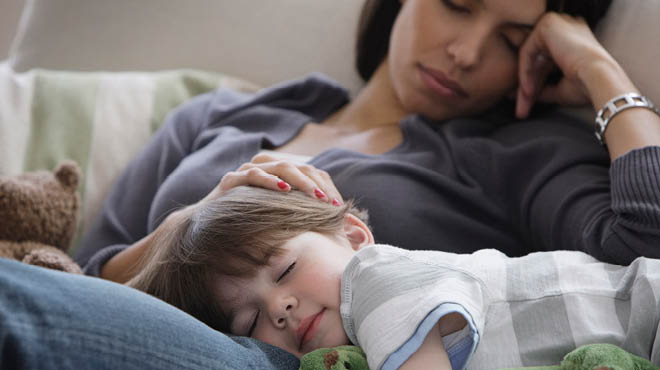Recent Posts
Are you hearing crickets?

Crickets, crickets, crickets.
I hear them all the time, even in the winter. I hear them more in one ear than the other. Sometimes they don't sound like crickets, but a ringing, hissing and even chirping. At times, they're loud — really loud. I have tinnitus.
I'm not alone. Nearly 45 million people suffer from tinnitus or head noises. The sound, or sounds, may be intermittent or annoyingly continuous in one or both ears.
Mine is intermittent, catching me off guard when I least expect it. It's especially bothersome when I'm trying to have a conversation or fall asleep.
So what causes tinnitus? Experts believe it comes from damage to the hair cells in the inner ear. The health of these hair cells is important for sending signals to the auditory nerve and ultimately the brain. Injury to them brings on hearing loss and often tinnitus. In most cases, the tinnitus or noises will start years before any identifiable hearing loss.
There's no specific cure for tinnitus, but it's important that if you start experiencing these noises to be checked by an audiologist. The audiologist may refer you to an ear, nose and throat specialist. These health care professionals can rule out any worrisome problems and provide management options so the sounds no longer interfere with daily living.
Tinnitus can be made worse by external factors, such as stress, anxiety, poor sleep hygiene, caffeine or sodium intake, and even nicotine use or exposure. I've noticed how much worse my sounds are when I'm stressed from a busy workday or when I stayed up too late the night before.
I find a few moments of mindfulness or meditation help on those extra stressful days. I also try to get seven to eight hours of sleep each night and keep my caffeine consumption with reasonable limits. Technically, that’s 400 mg of caffeine or about four cups of brewed coffee, 10 cans of cola or two "energy shot" drinks.
Others use sound, like a fan or a sound machine playing ocean waves or music, when falling asleep. Some who wear hearing aids to treat hearing loss notice less tinnitus while wearing their devices.
Treatment for managing tinnitus isn't a one-size-fits-all approach. Meeting with your health care team, especially an audiologist, can identify tools that are right for you and calm those annoying crickets.
Katie Kendhammer, Au.D., is an audiologist in Owatonna, Minnesota.






